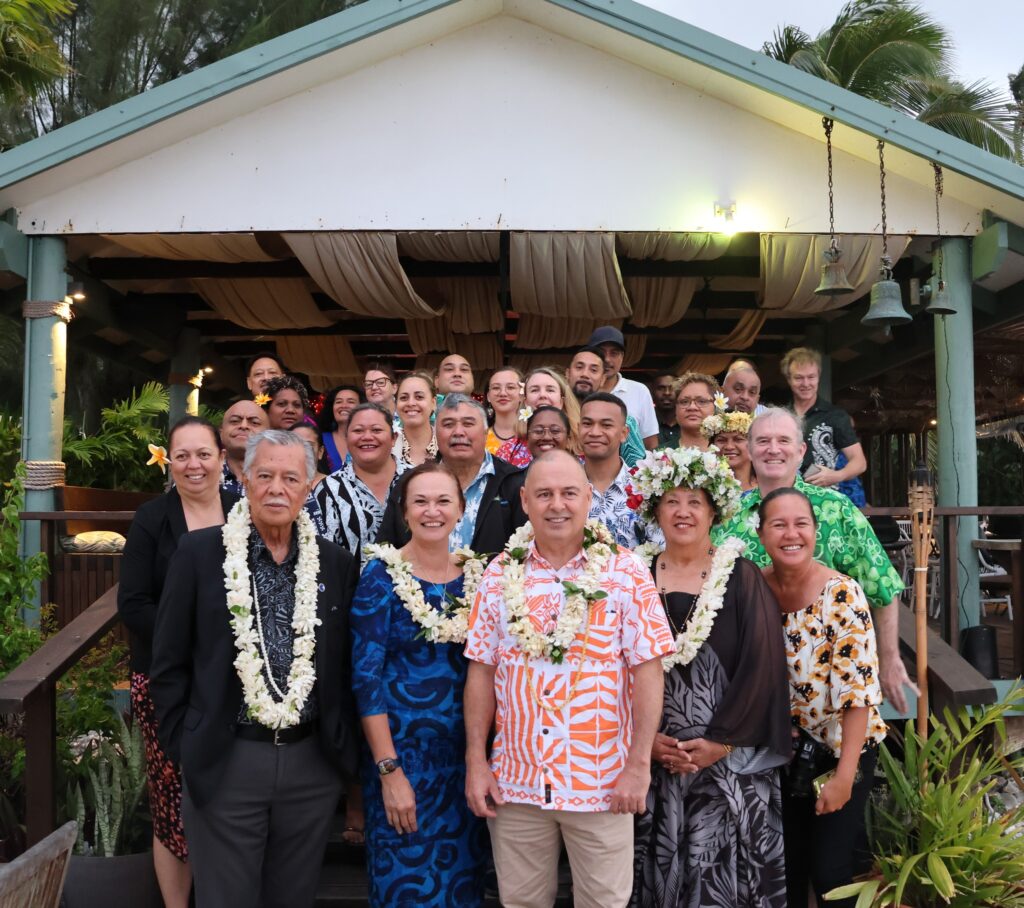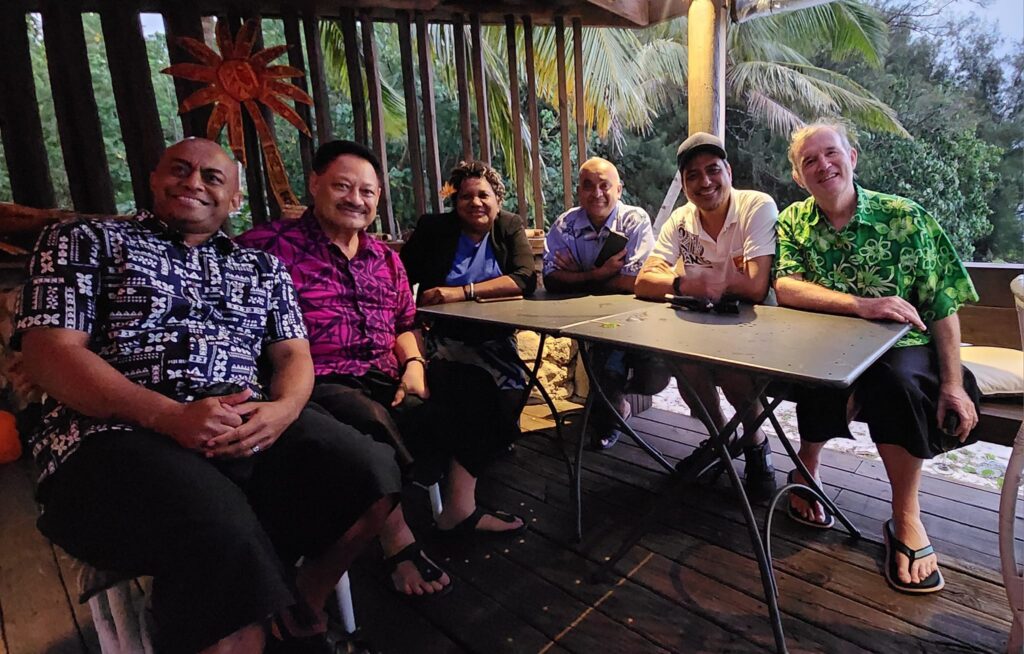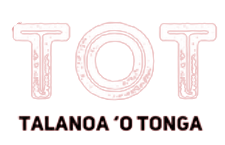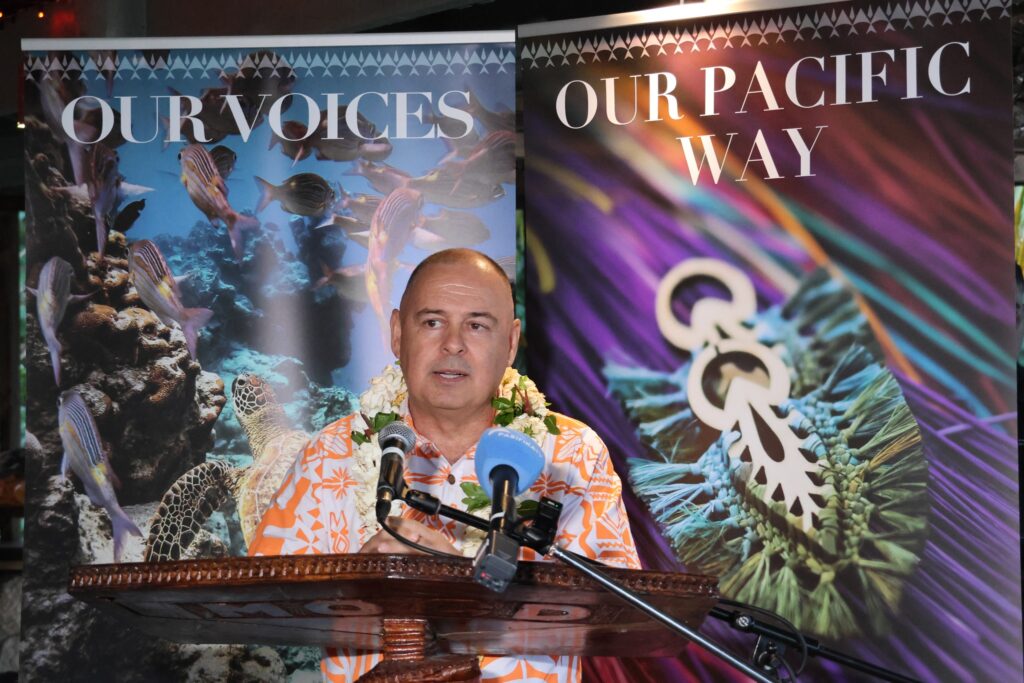The leaders and their delegations from 18 Pacific Island nations have converged on Rarotonga for the 52nd Pacific Islands Forum Leaders’ Meeting (PIFLM) which will be begin Tuesday 7 November.
The Prime Minister of Australia, Anthony Albanese, and outgoing caretaker Prime Minister of New Zealand, Chris Hipkins are also part of the Leaders’ Meeting.
This year’s meeting is chaired by the Cook Islands Prime Minister, Hon. Mark Brown, with a theme ‘Our Voices, Our Choices, Our Pacific Way: Promote, Partner, Prosper’.
Media workshops and pre-meeting seminars primarily for journalists and media participants have been in session in Rarotonga for two days prior to the Leaders Meeting. Prime Minister Brown and fellow Cook Islander Henry Puna, Secretary General of PIF were speakers welcoming the media participants.
Speaking to the visiting media, Mr. Brown pointed out that despite varying differences among the independent individual countries, it should not lead to conflicts and division.
“It should be cause for respect… it should be cause for growing the strengths of our Pacific Island nations,” he said.
“We are not a region of competition; we are a region of collaboration. The assumption that Pacific Island countries don’t know what they’re doing is starting to sound very insulting and getting to the stage of being offensive in some cases.”
He said that, “our independent sovereignty is not eroded and that our collective strength and unity can be managed in a way that provides benefits for all our countries.”

Despite the leader’s retreat in Fiji earlier this year which provided some “healing effect in relationships”, seeing the return of Kiribati, mending a rift, leaders however remain divided over several key issues heading into this week’s meeting.
There are differing views on issues from the Fukushima wastewater discharge, sea-bed mining, Israel-Hamas war, and especially the appointment of the next Pacific Islands Forum secretary-general, Nauru’s controversial Baron Waqa.
Mr Brown called for Pacific people, and Pacific Media in particular, to control the narrative as Pacific countries, telling our own stories, and “setting our own destiny.”
The inference is that there are outside forces that may be trying to impose their own agendas and priorities to influence Pacific Island countries, especially in a geopolitical environment that with a super-power tension between China and the United States, and its allies; a rivalry that may or may not benefit the Pacific Island nations at all.
The PIF Secretary- General, Henry Puna, in his address said: “Whether it’s the Teieniwa Vision, the Pacific Leaders Gender Equality Declaration, or the 2050 Strategy for the Blue Pacific continent — each and together, you all play vital roles in keeping us all informed and engaged with the happenings here in the coming week. You are supporting good governance and regionalism… You are our Voices, Our Choices, Our Pacific Way in action.”

A statement from the Tongan Prime Minister Hu’akavameiliku, said “Meeting sessions have been designed with an evolved format to create an environment of open communication, inclusivity and partnership that will propel the Pacific region towards concrete, action-oriented outcomes.”
At their 2019 meeting in Tuvalu, Forum Leaders endorsed the development of the 2050 Strategy for the Blue Pacific Continent. Leaders highlighted their concerns for the region’s enduring challenges such as climate change related impacts, coupled with the intensification of geo-strategic competition, exacerbating the region’s existing vulnerabilities. This year, climate change is high on the agenda of the PIFLM. COP 28 opening ceremony is 28 days away on November 30 in the UAE. There is collective Pacific advocacy to get the world back on track for a 1.5 net zero future.




